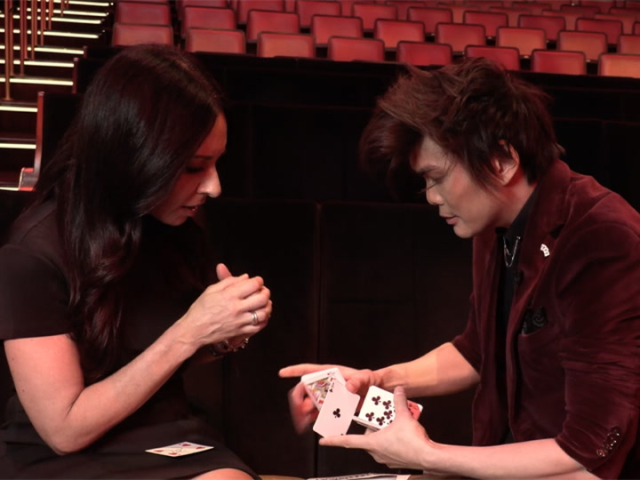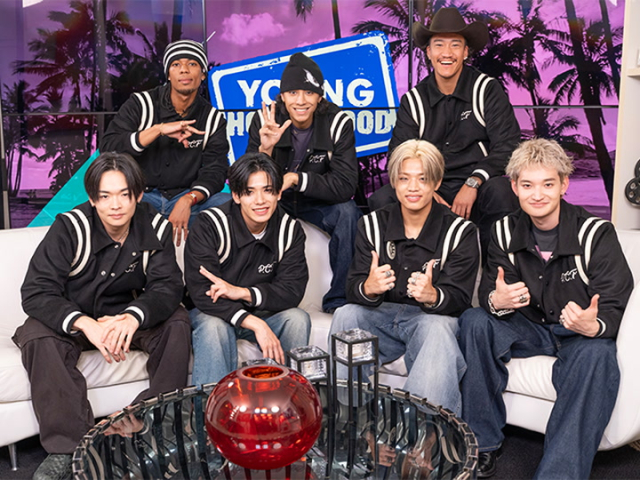What Can We Expect From NYT's Purchase of Wordle?!

Every morning, we all wake up with six chances to guess the new five-letter word of the day and the opportunity to brag about our scores on social media afterwards. Wordle, the overnight sensation from former Reddit software engineer Josh Wardle (who is also credited with the 2015 social experiment The Button) is the thing on just about everyone’s minds.
Daily cartoon for the @NewYorker ?⬛️????? pic.twitter.com/qsezK2MAdg
— Zoe Si (@zoesees) January 10, 2022
On January 31st, Wardle announced that. considering the complicated success of his game, he has sold it to the New York Times to add to their expansive game catalog. The New York Times is no stranger to the classic word puzzle -- their evergreen newspaper aesthetic has decorated the most popular crossword game in the world, alongside a slew of spelling and logic puzzles for subscribers to enjoy. Wardle has, however, promised that Wordle will remain free for anyone to play and is hoping to preserve the scores and streaks long-time players have already built up.
An update on Wordle pic.twitter.com/TmHd0AIRLX
— Josh Wardle (@powerlanguish) January 31, 2022
Josh Wardle has discussed that he invented this game as a love letter to his partner, who loves word games, and what began as a private celebration unfolded into a global sensation. People everywhere are decidedly pleased that such a popular and well-meaning game has created a sizable profit for the founder, who is no longer interested in generating a single-person experience. The New York Times has been curating a simple gameplay interface for quite a while, so Wordle fans can rest well knowing that the game will remain relatively unflawed.
Wordle has given me a non-heavy reason to check in with friends and family every day in these heavy times, while sometimes claiming intellectual superiority over them.
— Jay Bavishi (@Jay_Bavishi) January 15, 2022
Except for the one day I didn't solve it -- I didn't text anybody that day.
Thanks @powerlanguish.
However, there is the concern that, under the ownership of a news source famously protected by a paywall, Wordle will soon be lost to the subscription fees. Many are worried that the Times’s capitalistic tendencies will engulf the initial intention of a fun, engaging game that provides a sense of stability in unpredictable times. One can only hope that the connection and trust Wordle brings to the internet -- a community based in Locke and Hobbes’s social contract theory: do not spoil the word of the day for your fellow players -- will be enough to stabilize and carry Wordle through its New York Times transition.
So, keep playing, my friends. And don’t forget about those vowels.



